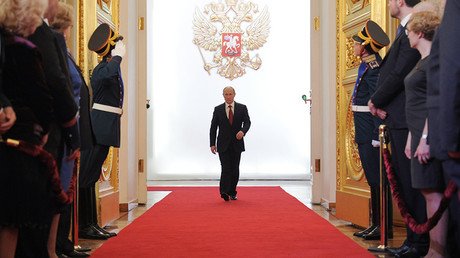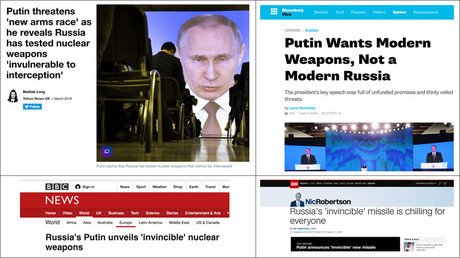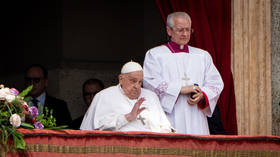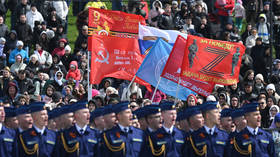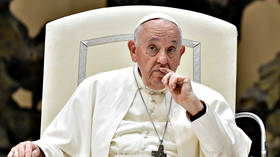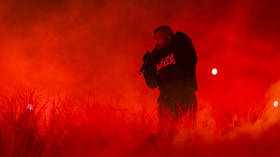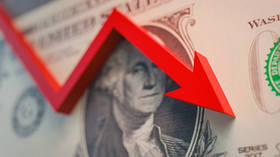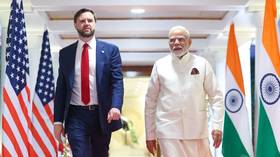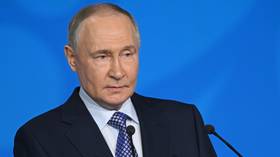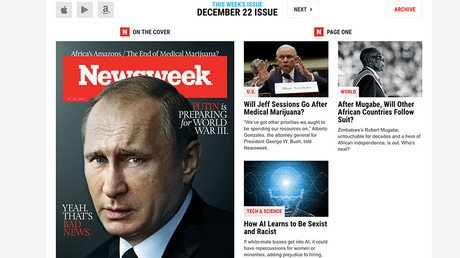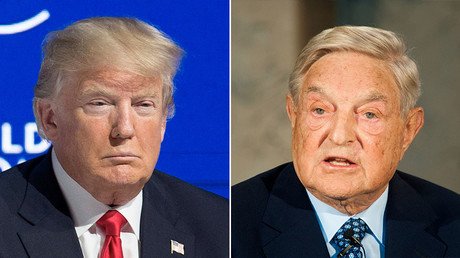‘Dictator’ Putin wins ‘fraud-tainted’ vote: Western media sticks to narrative on Russian election
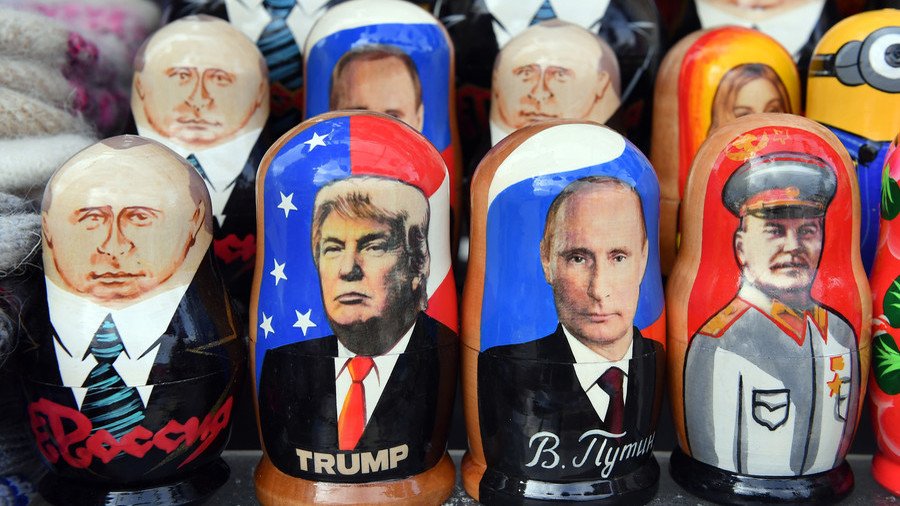
From Soviet comparisons to accusations of authoritarianism, mainstream coverage of Russia’s presidential election has barely changed since 2004, though mentions of the UK spy poisoning scandal did add a fresh layer of insinuation.
As Putin was thanking his supporters for a landslide victory from the stage in Red Square, Western outlets rolled out long, pre-written news stories, liberally mixing reporting and opinion.
“The vote was tainted by widespread reports of ballot-box stuffing and forced voting, but the complaints will likely do little to undermine Putin,” wrote AP’s lead report. “The Russian leader’s popularity remains high despite his suppression of dissent and reproach from the West over Russia’s increasingly aggressive stance in world affairs and alleged interference in the 2016 U.S. election.”
The Washington Post called Sunday’s vote an “elaborate presidential-election-day spectacle” that sought “to legitimize the election,” which “critics described as a charade,” by boosting the turnout as “a lack of suspense or popular opposition candidates threatened to keep people home.”
Calling the election a “hollow exercise,” the New York Times reached for the most predictable of parallels.
“Gone were the Soviet days when there was just one name on the ballot and the winner habitually harvested 99 percent of the vote. The spirit was similar, however, with pictures of Mr. Putin and his campaign slogan, ‘Strong president, strong Russia,’ blanketing the country,” it wrote.
In its top report. CNN said that Putin “seeks tighter grip on power,” while also reminding its readers that “he is already the country’s longest-serving leader since the Soviet dictator Joseph Stalin” (which is not actually true – that would be Leonid Brezhnev). CNN added that Putin is “banking on confrontation with international players this election.”
Rupert Murdoch’s News Corp Australia didn’t even bother with such nuances, calling Putin a straight-up “dictator,” though the article was later amended to merely describe the vote as “inevitable.”
For the Guardian, “paradoxically, the first order of business now… is for Putin to set up an escape plan.”
“Kremlin politics have become a bloodsport,” wrote Andrew Roth, the Guardian's correspondent for Moscow. “With a shrinking economy [also untrue] and elites manoeuvring before a possible succession battle, the knives are out.”
This year, the usual analysis was also sprinkled with allegations that a Moscow agent poisoned Sergei Skripal with the toxin “Novichok, a gruesome calling card” to provoke a British response, according to the Guardian.
“A row with London can do Putin no harm, especially among voters who share his uncompromising nationalist worldview and his smouldering sense of victimhood,” an article in the Guardian said this week.
“The diplomatic crisis this poisoning case has caused may help him get more people into polling booths,” echoed Australia’s ABC.
